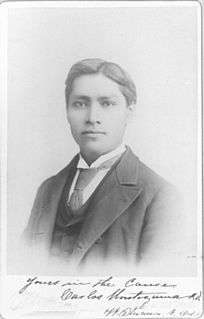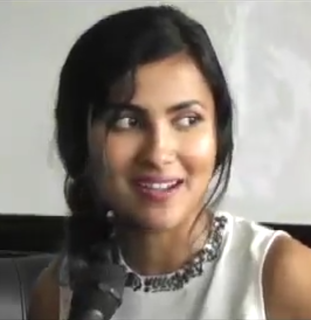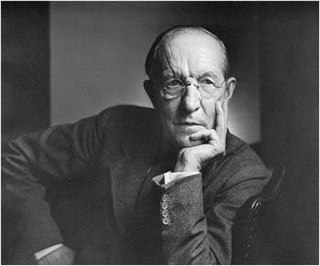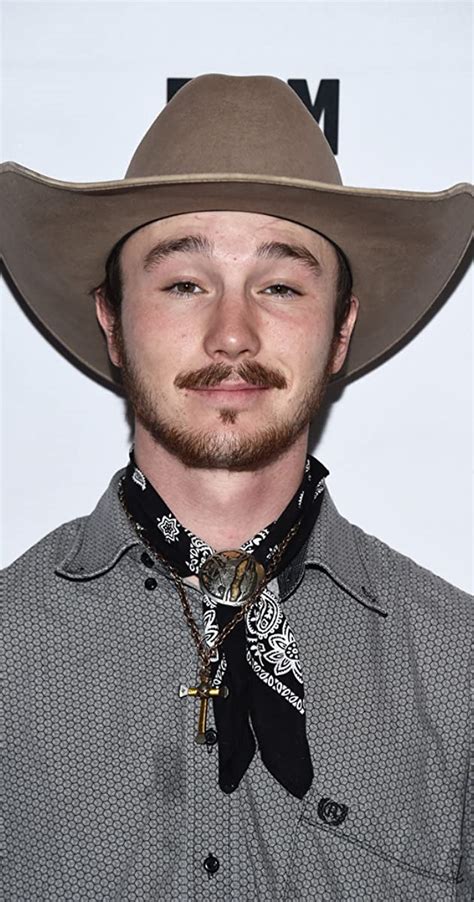A Quote by Winona LaDuke
When I first came to Harvard, I thought to myself, 'What kind of an Indian am I?' because I did not grow up on a reservation. But being an Indian is a combination of things. It's your blood. It's your spirituality. And it's fighting for the Indian people.
Related Quotes
I had an Indian face, but I never saw it as Indian, in part because in America the Indian was dead. The Indian had been killed in cowboy movies, or was playing bingo in Oklahoma. Also, in my middle-class Mexican family indio was a bad word, one my parents shy away from to this day. That's one of the reasons, of course, why I always insist, in my bratty way, on saying, Soy indio! - "I am an Indian!"
To many, Indian thought, Indian manners; Indian customs, Indian philosophy, Indian literature are repulsive at the first sight; but let them persevere, let them read, let them become familiar with the great principles underlying these ideas, and it is ninety-nine to one that the charm will come over them, and fascination will be the result. Slow and silent, as the gentle dew that falls in the morning, unseen and unheard yet producing a most tremendous result, has been the work of the calm, patient, all-suffering spiritual race upon the world of thought.
My first American ancestor, gentlemen, was an Indian-an early Indian. Your ancestors skinned him alive, and I am an orphan. All those Salem witches were ancestors of mine. Your people made it tropical for them. . . . The first slave brought into New England out of Africa was an ancestor of mine-for I am a mixed breed, an infinitely shaded and exquisite Mongrel.
I am extremely honoured by Indian Council For Culture Relations, India's apex body on the promotion of great Indian culture across the world for including cinema and I am deeply honoured for being the first person from the Indian film industry to represent the cause of this industry in the overall cultural promotion globally.




































